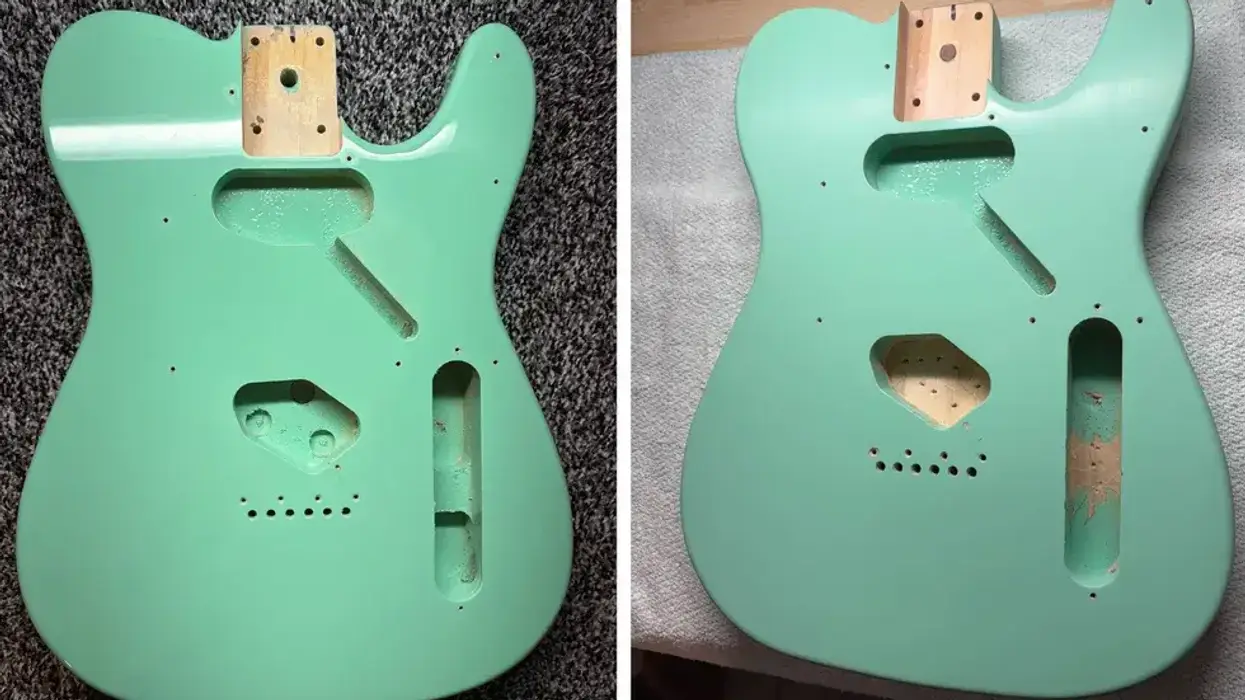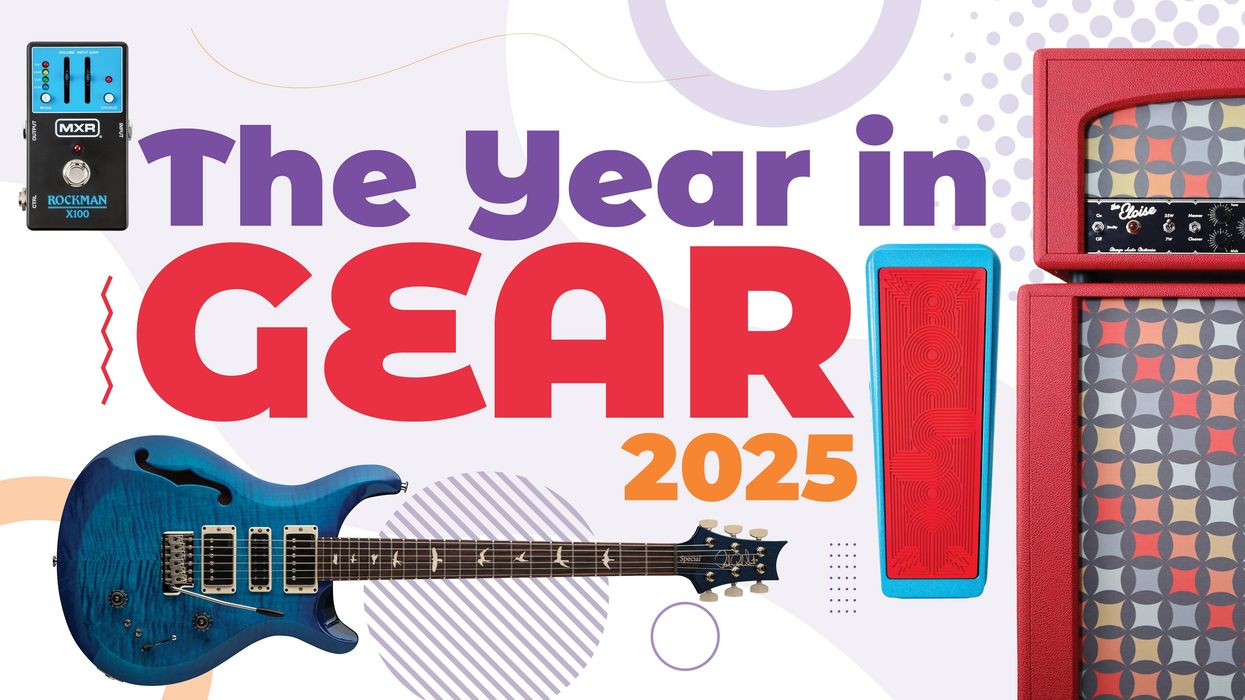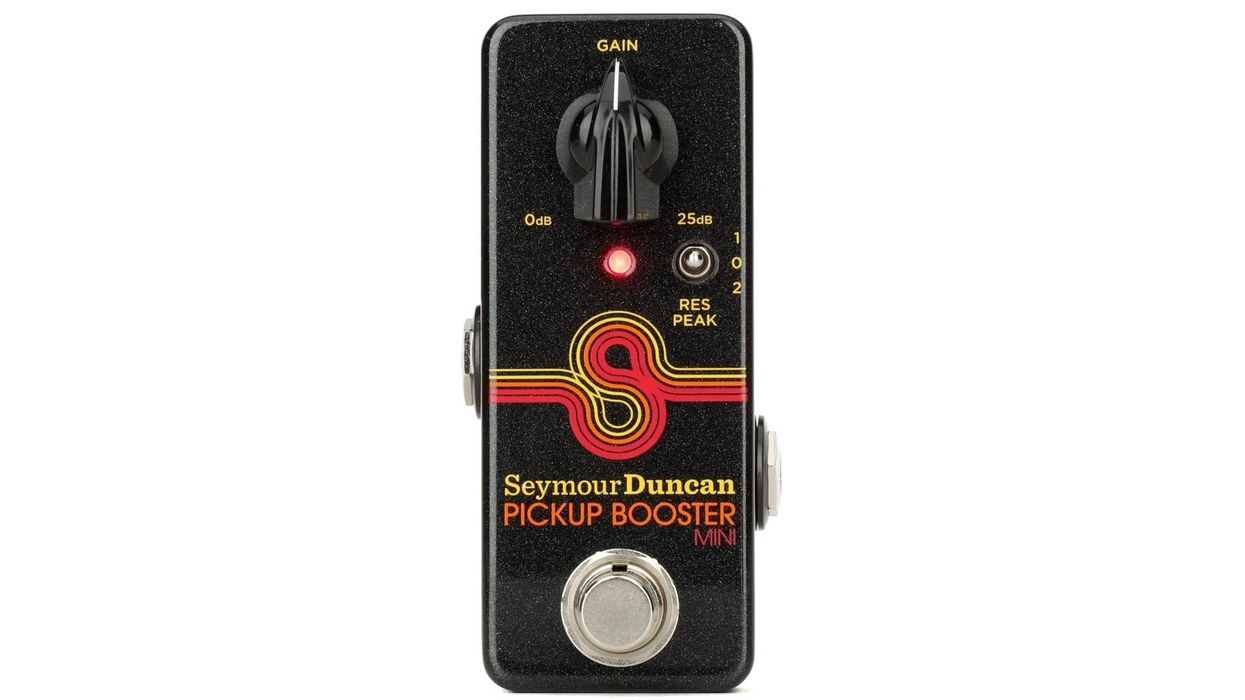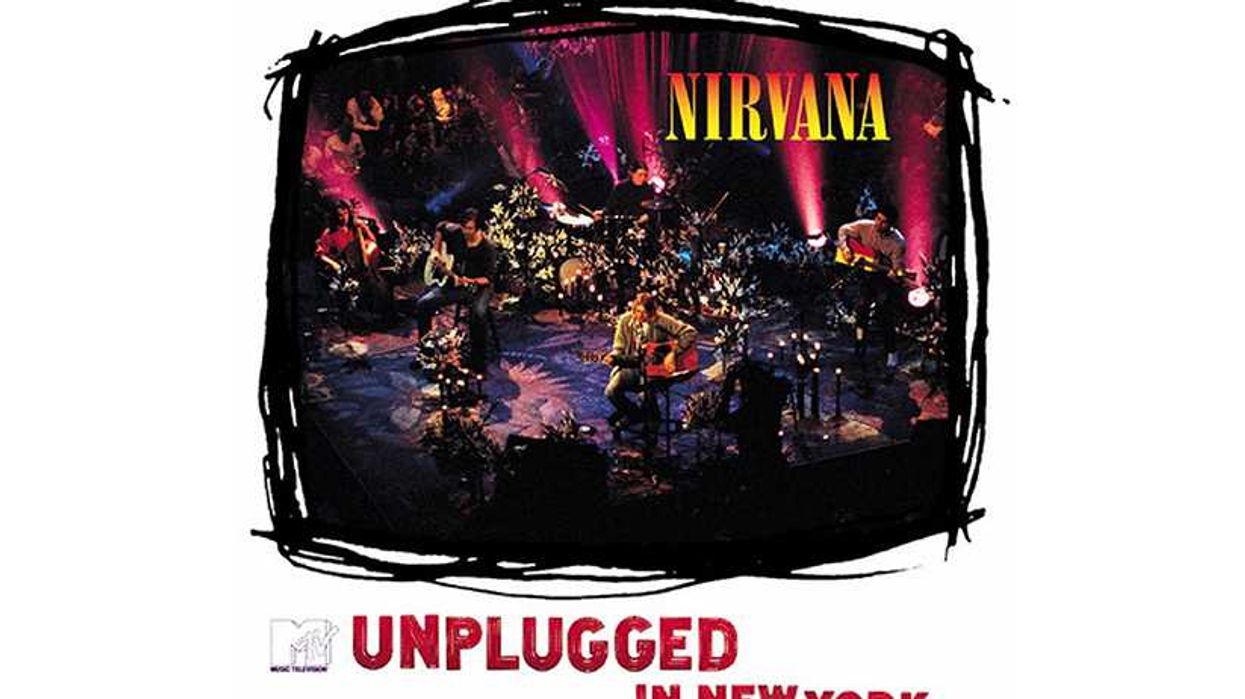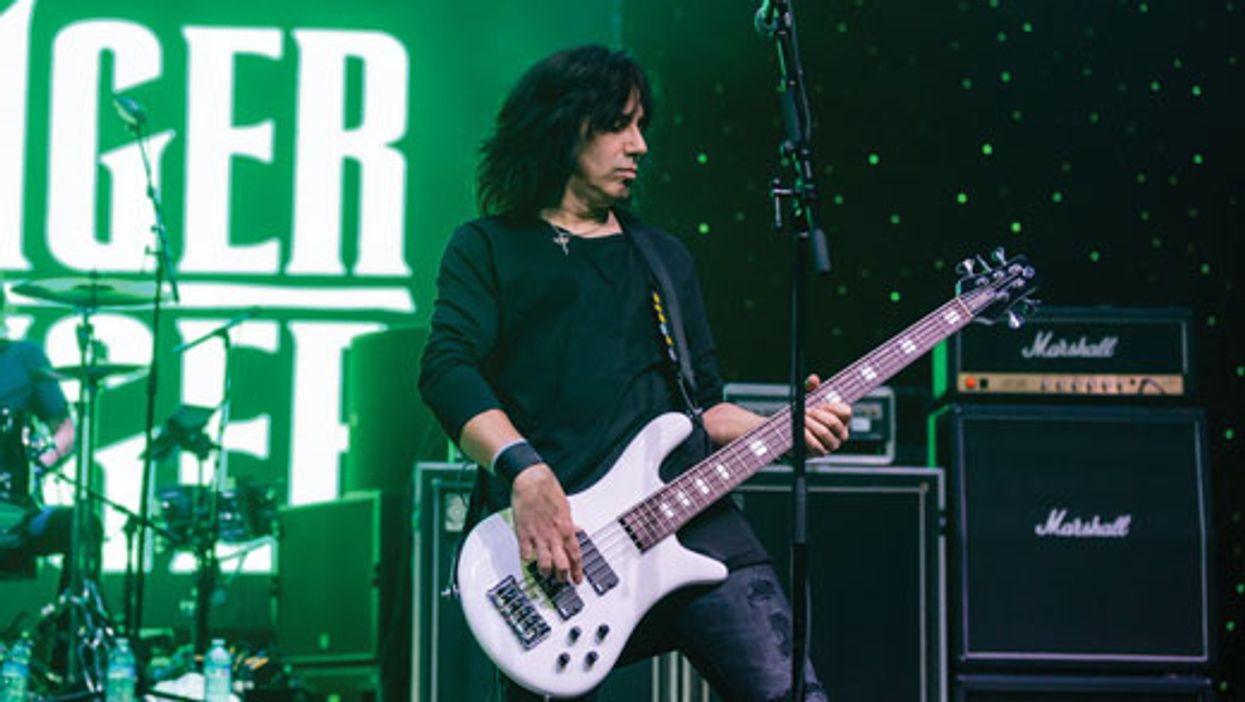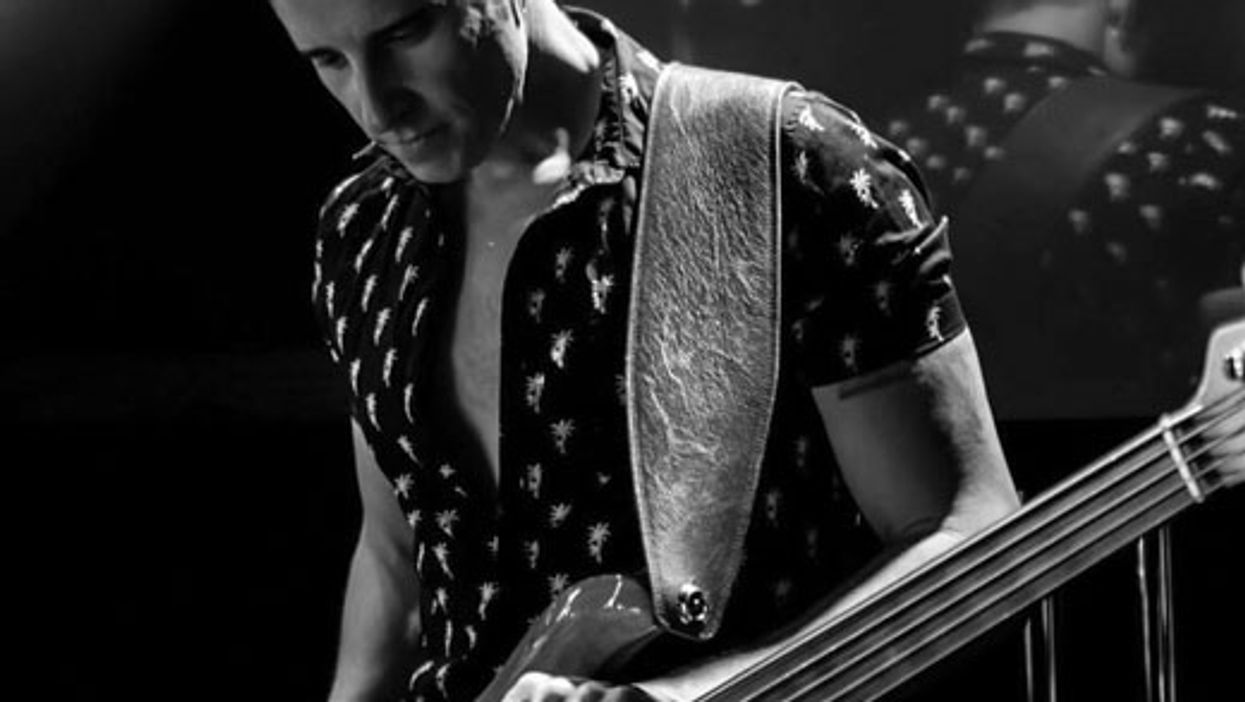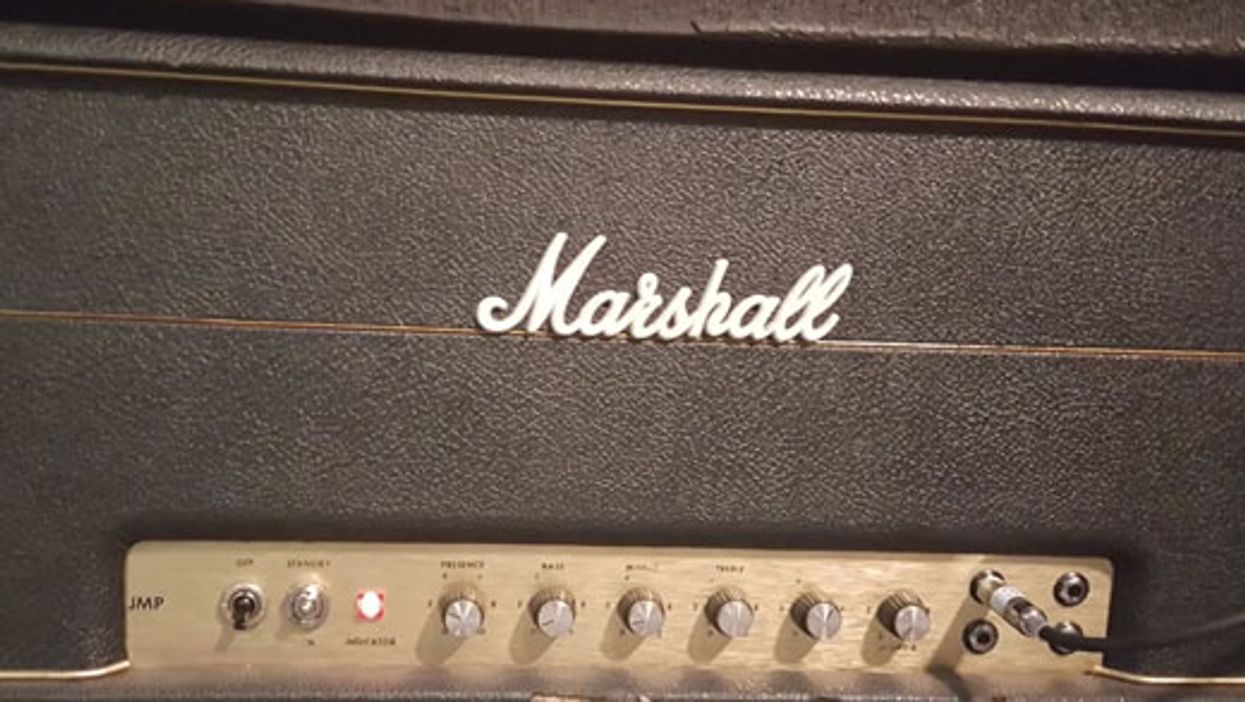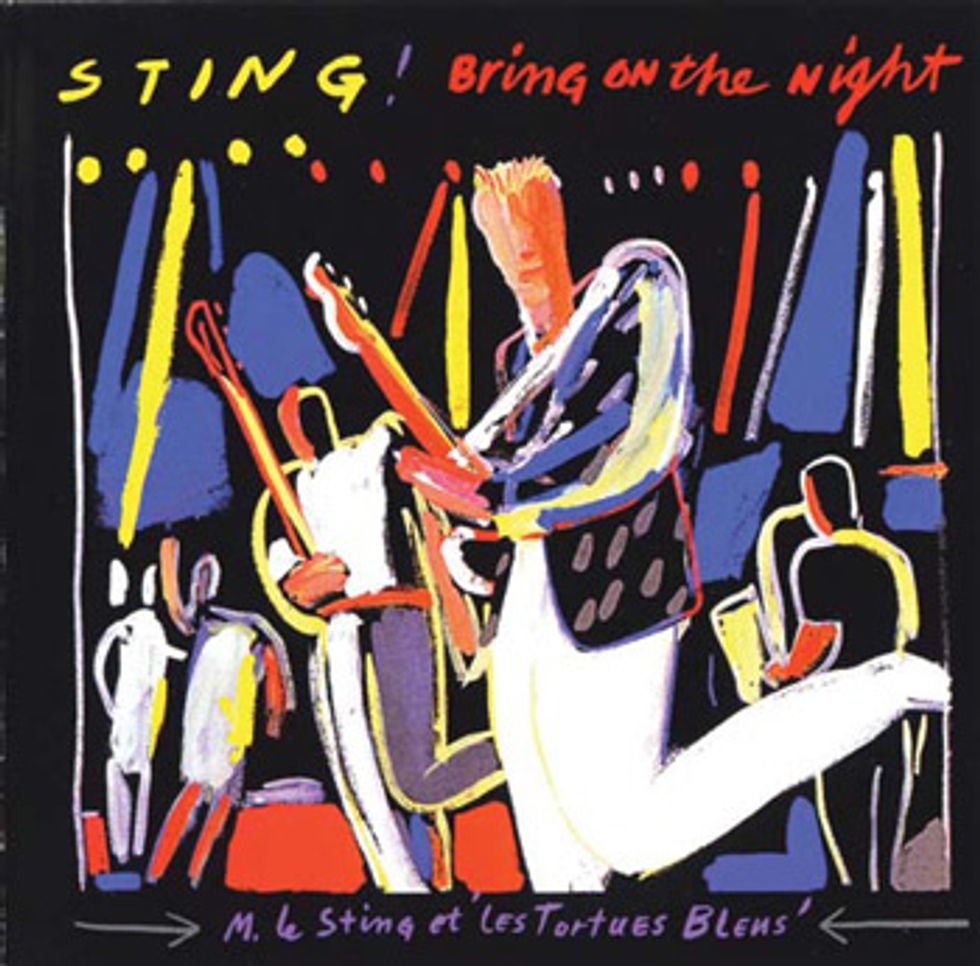 |
When we decided to play bass, we all sort of took a backseat in the “musical station wagon.” Some nights it even feels like we’re facing the other way in the third seat, but at least we are still in the car. Bass is often the forgotten instrument— usually relegated to the back of the stage—and since our parts are considered “simple,” we are often (wrongly) thought of as bottom-rung musicians. This leads to some other issues (here comes that ego again) like when we aren’t out front or getting the attention we feel we deserve. We forget our place in the musical universe … and then the trouble starts.
We all know the “state of bass” is really not that extreme, and that the bass has evolved immensely in the past few decades. The problem only presents itself when the bassist doesn’t remember he’s the bassist—this also applies to any player and his instrument—forgetting his role in his musical situation. In Nashville, this can quickly lead to certain gig-ending death and a wide-open calendar.
Whether you are playing for or with someone else, you need to remember your job on that stage. If you are a hired musician, you are not there to upstage the artist, meaning there probably won’t be a bass solo. (Get over it.) This also means that you can’t be on a trampoline behind Vince Gill, unless Vince decides to put you on one. Consider yourself lucky if you get to move—many artists either put you in one spot or have choreography for you. You wanted to be here, so you need to play by the rules. You were hired to help showcase the artist’s skills, not yours.
As bassists, our job is holding it all together. We must establish a pocket for everyone else to fall into, and this pretty much holds true for every music genre. We are the glue! And the glue won’t hold if you decide to solo over the chorus, or decide that because the girl in front is checking you out, you need to play that 32ndnote run during the ballad. It just doesn’t work. At that point, you are probably trying too hard anyway. So do what you’re there to do (backing your artist), and it will be noticed.
The same holds true in recording sessions. Serve the song, not yourself. You are there to provide your tone, your note choice, and your groove for the session. Are your million-dollar licks clashing with the melody? Well, guess what? It’s you that must change, not the melody. Countless sessions have gone bad over ego clashes when a bassist will forget that he was hired as a musician, not a producer. There are tactful ways of addressing certain issues, but a session player’s role is just that. Again, remember your place and why you are there.
Many players in town have come from band backgrounds, including myself, and there is a needed shift in thinking when you transition from your collaborative band to being a hired gun. You must remember your name is not on the marquee, and that the average ticket holder is not there to see you. There is a harsh, yet very real scene in Sting’s film Bring On the Night, when his then-manager Miles Copeland talks about the role of the band for Sting’s tour. Though the band boasted some of the best young jazz musicians in the world, Copeland lays it out that it’s not the band the people are coming to see—it’s Sting. Frugal reputation aside, he’s correct. The band was created to make Sting sound good.
I may have painted a dark picture here, but I don’t want to scare anyone out of trying to land a top gig. Remember that this is the music business, so there are no absolutes. There are tons of great artists out there who let you have leeway in your gig. Even working for someone like Christina Aguilera (call me, girl!) with set and costume changes is a great gig—just be ready for some things you may not have been expecting. The upside is that with “name” artist credits under your belt, you will get calls for other work. That’s because you’ve proven you can work and play well with others, and that you realize the scope of the gig.
As I have preached in previous columns, two of the most important elements of success are balance and harmony. Let’s call it your musical feng shui. The balance part can be tricky, especially if you are like me and want to rule the world. With a little knowledge and understanding, you can find your place—and more importantly— keep your gig. If you want your place to be out front or in charge, then you’ll just have to create that gig yourself. Until then, remember that it’s about the music, not you.
 Steve Cook has been fighting his rockstar
frontman urges for
decades, holding down
the low end for such artists
as Steve Cropper,
Sister Hazel, and Phil
Vassar. Join in his “touring therapy” on
Twitter @shinybass.
Steve Cook has been fighting his rockstar
frontman urges for
decades, holding down
the low end for such artists
as Steve Cropper,
Sister Hazel, and Phil
Vassar. Join in his “touring therapy” on
Twitter @shinybass.
